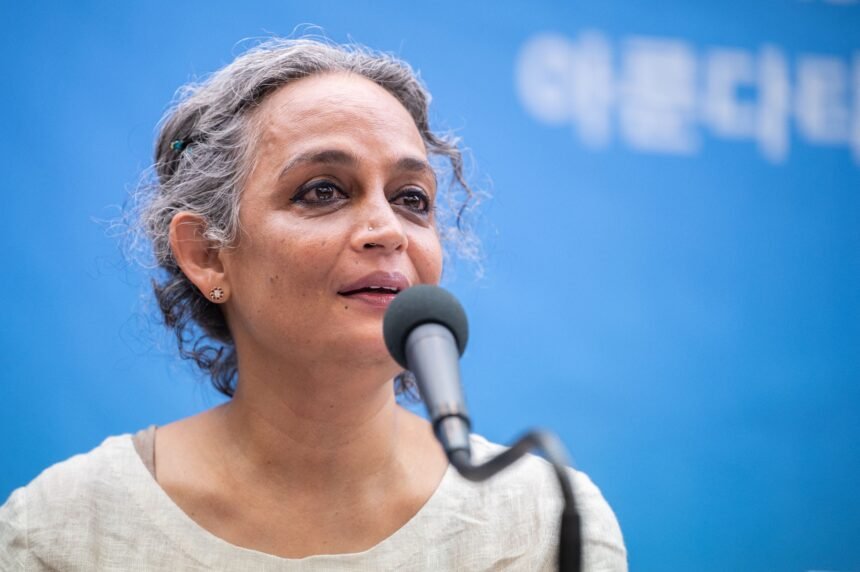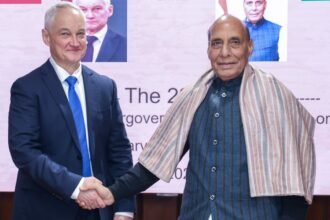New Delhi: Booker Prize-winning author and social activist Arundhati Roy is once again at the center of international attention. The reason is the recent sanction to prosecute her under India’s stringent anti-terrorism law, the Unlawful Activities (Prevention) Act (UAPA). The case relates to a speech delivered in 2010, and the ongoing action has sparked a renewed debate among human rights organizations and literary communities worldwide about freedom of expression.
What is the Case About?
The controversy stems from speeches delivered at a conference titled “Azadi – The Only Way” held in Delhi in 2010. Arundhati Roy and former Kashmir professor Sheikh Showkat Hussain are accused of making provocative speeches in support of Kashmir’s independence.
Nearly 14 years later, the Lieutenant Governor of Delhi recently granted sanction to prosecute Roy and Hussain under Section 13 of the UAPA. This section deals with punishment for unlawful activities. This step is significant because UAPA is a very strict law, under which obtaining bail is extremely difficult.
International Reaction and Concerns
Upon the news of this decision, several prominent international news outlets, such as BBC, The Guardian, and Reuters, reported it prominently. The key points of the international reaction are as follows:
- Attack on Freedom of Expression: PEN International, which advocates for writers’ rights globally, and organizations like Human Rights Watch, have strongly condemned the move. They argue that using an anti-terrorism law for a decade-old speech is an attempt to silence critical voices against the government.
- Allegations of Misuse of Law: International media are highlighting that, according to critics, the UAPA is often used in India against human rights activists, journalists, and dissenters.
- Questions on Timing: Many international observers are expressing surprise as to why action under such harsh sections is being initiated now, after 14 years, for a 2010 case. This is being viewed as a politically motivated step.
Conclusion
Arundhati Roy is not just an author but has been a vocal critic of Indian government policies for decades, especially concerning Kashmir and environmental issues. The sanction to prosecute her under the UAPA has once again raised serious questions on the global stage about democratic values and the right to dissent in India. This case is now seen not just as a legal process but as an important test for the future of freedom of expression in India internationally, and this is why Arundhati Roy’s name is prominently discussed in international news today.















